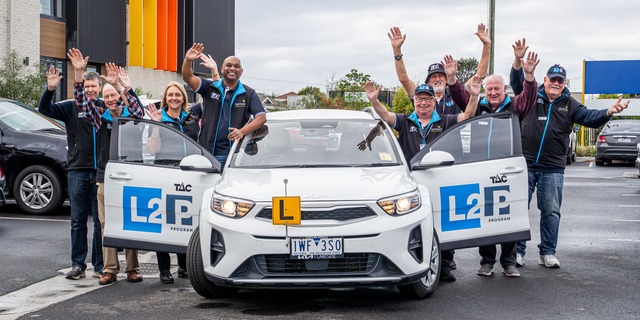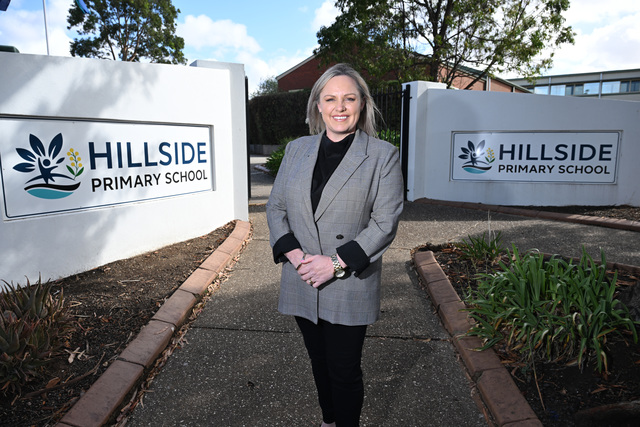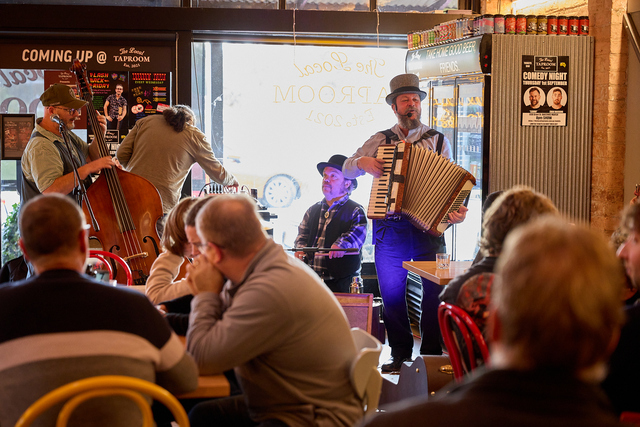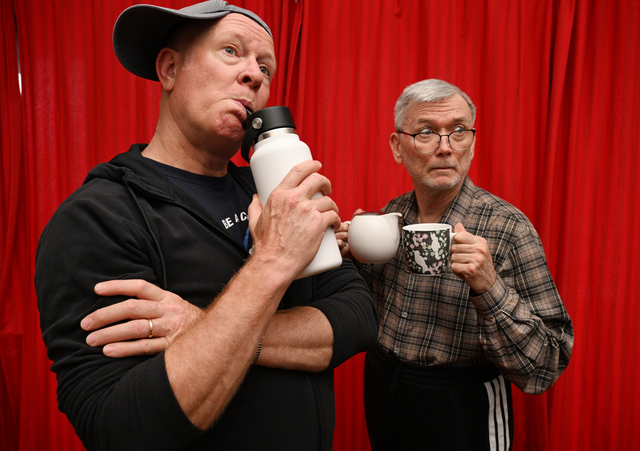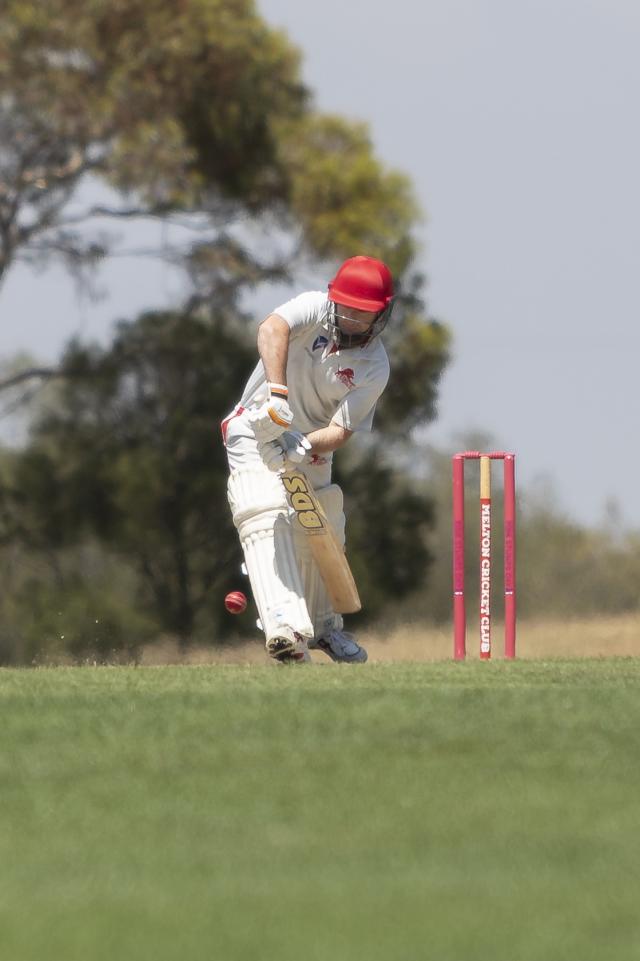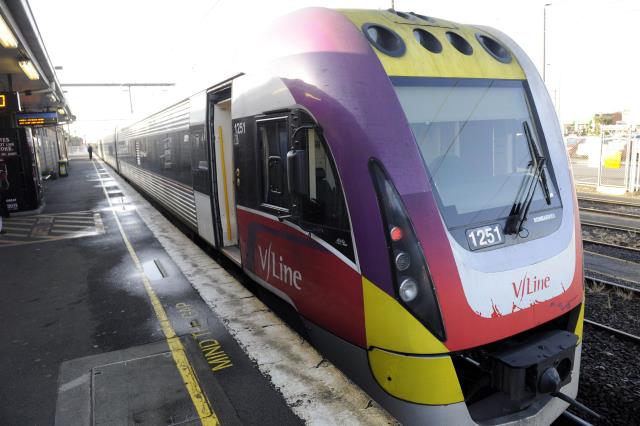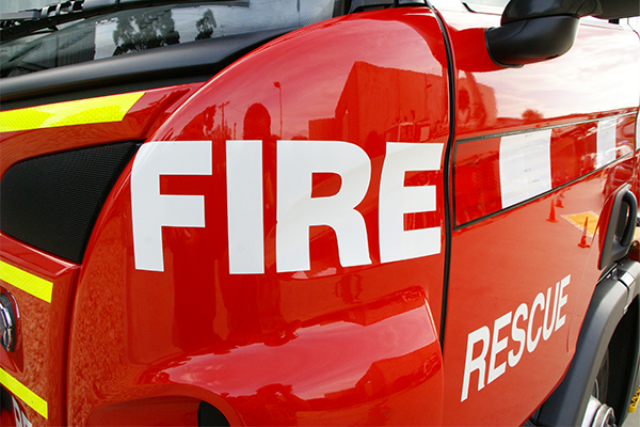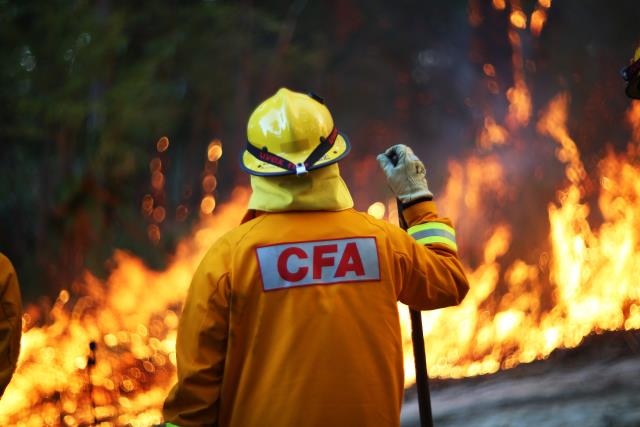Thousands of police officers will be recruited in the next four years, with more than 2000 slated for frontline duties, as part of a $2 billion state government package to help Victoria Police keep pace with population growth.
The recruitment drive, the largest in the state’s history, comes after a wave of carjackings and aggravated burglaries and months of lobbying by members of the public and the police union.
Police Minister Lisa Neville made the announcement at the weekend, conceding there had been “incredible pressure” on police in growth corridors.
“We have seen a crime rise, and seen a need to deliver more [police resources],” she said.
“This is about starting the process of turning that around and supporting growing communities in Victoria.”
Victoria Police, the Police Association and the state government have been working on a new staffing allocation model to determine where police will be most needed in the next four years to meet demand.
Chief commissioner Graham Ashton has previously promised growth suburbs, such as Melton and Caroline Springs, will be prioritised when the new police officers are deployed.
The $2 billion recruitment drive includes 2729 police, on top of the 406 additional police being funded in the 2016-17 budget, with 42 youth specialist officers to target young offenders and work with young people at risk.
Earlier this year, the Police Association called for an extra 3000 police statewide in the next six years.
Association secretary Ron Iddles described the announcement as “historic”.
“I’m confident that today’s historic announcement will, in time, provide much-needed relief for our over-stretched members and enable them to better protect our citizens and help make Victoria a safer place,” he said.
“We give due credit to minister Neville, who has genuinely listened to your concerns and that of our members on the ground across the state over many months.”
Mr Iddles said the boost to police numbers would be a game-changer for officers struggling to keep pace with the “ice” epidemic, mental health, domestic violence and the threat of terrorism.


